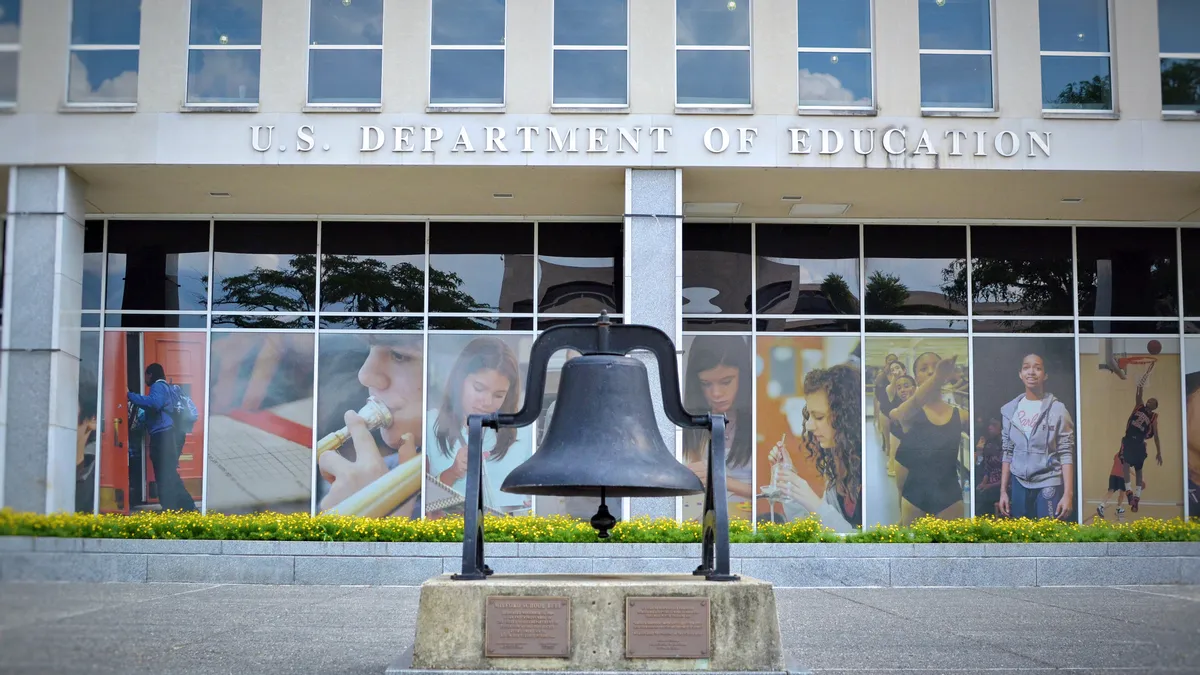Dive Brief:
- Harvard University did not properly inform an insurer it had been sued over its race-conscious admissions policies, and therefore forfeited the right to use a $15 million policy to pay for legal expenses, a federal judge ruled this month.
- The Ivy League institution sued Zurich American Insurance last year, arguing that despite the university missing a deadline in a claim, the company was aware of the high-profile lawsuit and should cover legal costs.
- But District Judge Allison Burroughs disagreed. She ruled that the insurance policy’s terms were clear and Harvard’s reasoning was “all unavailing, unsupported by case law, controlling or otherwise.”
Dive Insight:
Harvard’s race-conscious admissions practices have been the subject of a drawn-out legal battle. The ruling against it in the insurance case illuminates the high costs of these legal fights and underscores that colleges should closely scrutinize policy claims.
Anti-affirmative action group Students for Fair Admissions, or SFFA, sued Harvard in 2014, arguing its admissions policies disadvantage Asian American students.
Lower court judges have so far sided with Harvard. The case is now before the U.S. Supreme Court, and conservative justices have signaled a willingness to overturn race-conscious admissions programs at Harvard.
Shortly after being sued, Harvard notified its primary insurance company about using a $25 million policy to cover legal expenses. The policy kicked in once Harvard paid $2.5 million.
However, Harvard did not immediately tell a secondary insurance carrier, Zurich, which theoretically would have covered up to $15 million in defense costs that the primary insurance company didn’t cover. It formally alerted Zurich to the lawsuit in 2017, more than a year after the policy’s January 2016 deadline. This meant Zurich did not have to pay for expenses, the company alleged in court records.
“There is no ambiguity,” lawyers for Zurich wrote in court filings last month. “Harvard’s failure to satisfy a valid condition precedent precludes coverage under the Zurich policy.”
Harvard had argued Zurich must have known about the race-conscious admissions lawsuit “in the year after it was filed, especially given the significant, ongoing attention that the suit received in national and local news.”
However, Burroughs, the district judge, found the insurance policy’s terms unequivocally clear.
“Put simply, because an unambiguous insurance policy must be applied as written; the notice provision in a claims-made policy must be strictly construed,” Burroughs wrote, handing the legal victory to Zurich.
A Harvard spokesperson declined to comment Monday.
The university has not disclosed the precise amount it has paid in legal expenses on the race-conscious admissions case. However, Harvard said in its lawsuit that costs exceeded $25 million.
The high court heard oral arguments on the case on Halloween. SFFA has also sued the University of North Carolina at Chapel Hill over its race-conscious admissions policies, which the Supreme Court is also considering, but separately from Harvard's.












